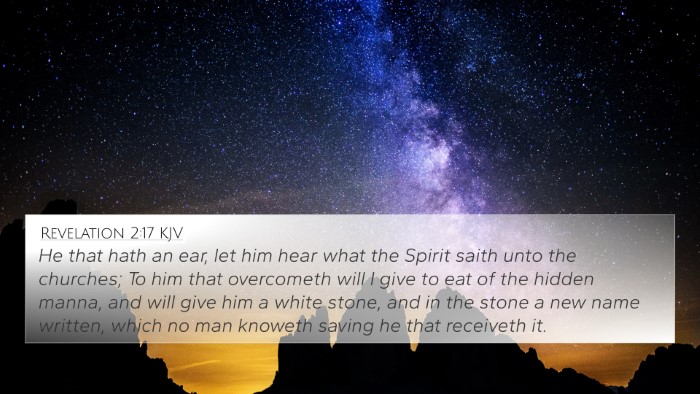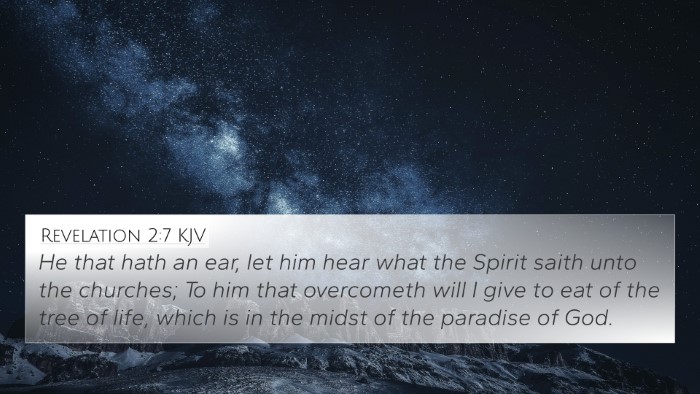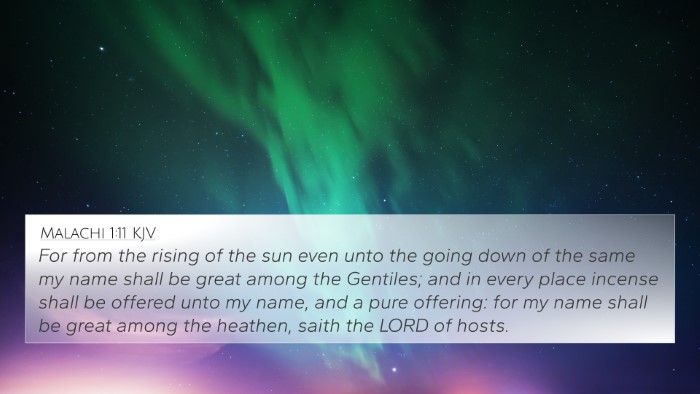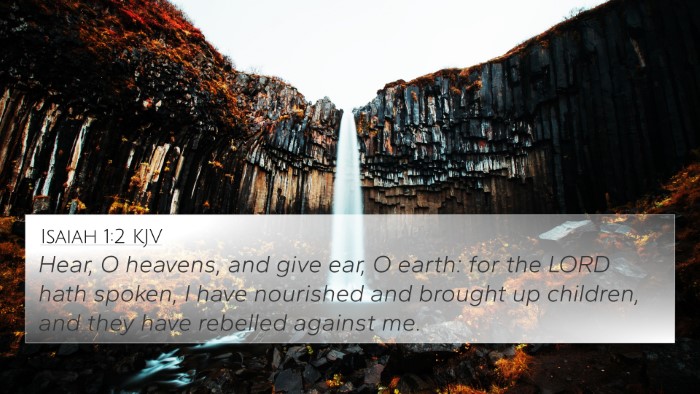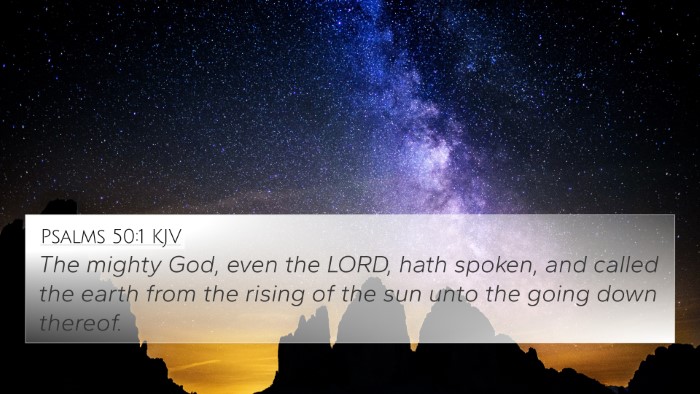Psalms 49:1 Interpretation and Analysis
Psalms 49:1 states: "Hear this, all ye people; give ear, all ye inhabitants of the world." This verse serves as an important introduction to a psalm that addresses all of humanity, calling them to listen to the wisdom that follows.
Meaning and Insights from Commentaries
The verse serves as an invitation to nobility and common people alike, emphasizing the universal nature of the message contained in the psalm. The psalmist seeks to convey wisdom regarding life, death, and the fate of the rich and poor.
- Matthew Henry's Commentary: Henry points out that the call is for every individual to understand the judgments of God. He emphasizes the need for all people, regardless of status, to heed the call of wisdom. The psalmist introduces a deliberation on the transient nature of wealth and the eternal implications of the soul.
- Albert Barnes' Notes: Barnes underscores the inclusivity of the message, as it is directed to 'all people.' He interprets this call as an indication that everyone should regard the wisdom being shared, especially concerning the vanity of riches and the certainty of mortality.
- Adam Clarke's Commentary: Clarke sheds light on the exhortation's gravity, framing it as a heavenly summons. He notes that this is not merely a casual reading; it is a divine directive meant for reflection and acknowledgment of truths that transcend earthly concerns.
Thematic Connections
This verse intricately links to a variety of themes found in the Bible, particularly concerning wealth, mortality, and divine judgment. The overarching message resonates with the idea of wisdom's call to all humankind.
Cross References
Below are several Bible verses that carry connections to Psalm 49:1:
- Psalms 33:8: "Let all the earth fear the Lord; let all the inhabitants of the world stand in awe of him."
- Proverbs 8:4: "Unto you, O men, I call; and my voice is to the sons of men."
- Ecclesiastes 3:20: "All go unto one place; all are of the dust, and all turn to dust again."
- Matthew 16:26: "For what is a man profited, if he shall gain the whole world, and lose his own soul?"
- Luke 12:15: "And he said unto them, Take heed, and beware of covetousness: for a man's life consisteth not in the abundance of the things which he possesseth."
- James 1:10-11: "But the rich, in that he is made low: because as the flower of the grass, he shall pass away."
- 1 Timothy 6:7-8: "For we brought nothing into this world, and it is certain we can carry nothing out. And having food and raiment let us be therewith content."
Detailed Analysis of Insights
The call to hear in Psalms 49:1 suggests an urgency and importance in understanding the message laid down in the following verses. It sets the stage for a discussion on the futility of relying on earthly wealth in the face of death and God’s judgment.
Each commentary highlights different aspects, yet they all converge on the point that the psalmist speaks with authority and urgency. The focus remains on the need for individuals from all walks of life to acknowledge their mortality and the consequences tied to their earthly pursuits.
Inter-Biblical Dialogue
This verse can also be discussed in connection with New Testament teachings that emphasize the insignificance of worldly wealth in comparison to spiritual richness. For instance, the parables of Jesus consistently underscore the message that true treasure lies in the kingdom of heaven, forming a profound thematic dialogue with the wisdom found in the Psalms.
Conclusion
In summary, Psalms 49:1 serves as a significant reminder that wisdom is universally applicable. It calls all people to reflect on deeper truths regarding life, wealth, and their spiritual state. Through the insights from various public domain commentaries, one can appreciate the multifaceted teachings embedded in this brief yet poignant verse.
This exploration of Psalms 49:1 highlights its connections to broader themes within the biblical narrative, providing a foundation for comparative analysis and deeper understanding of scriptural texts.









